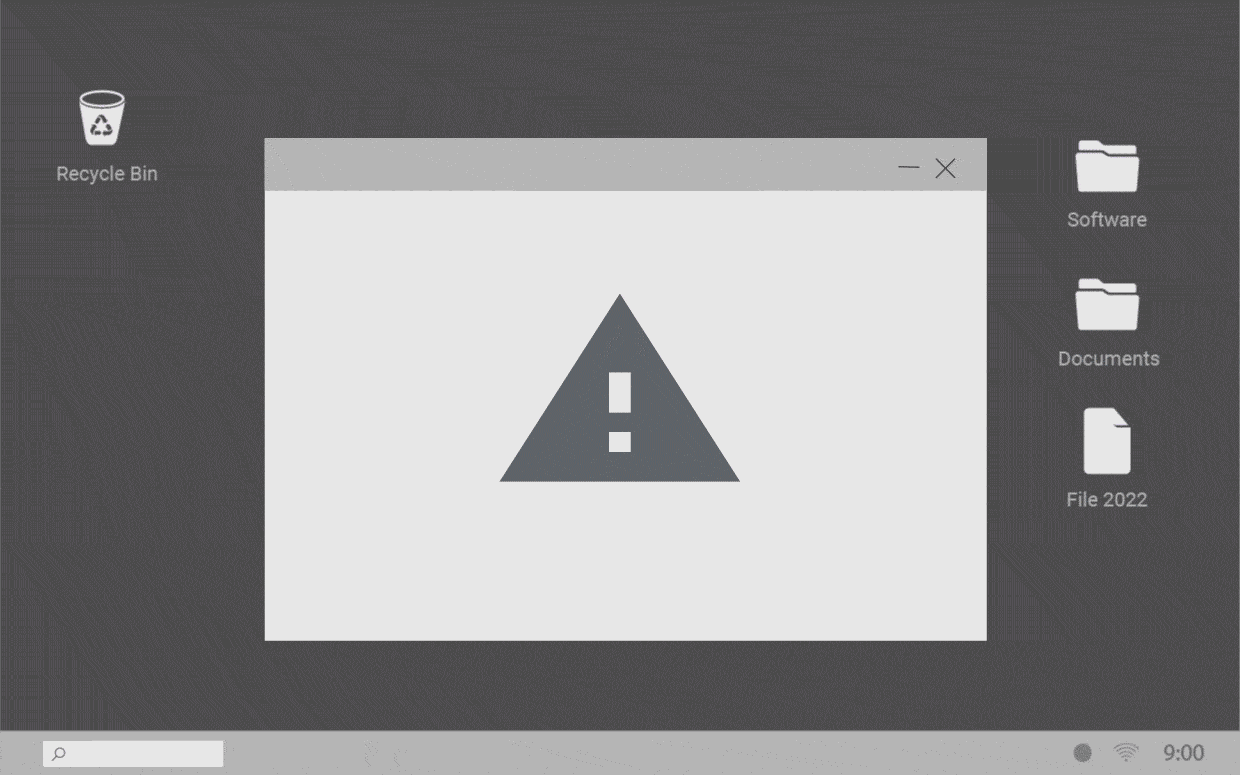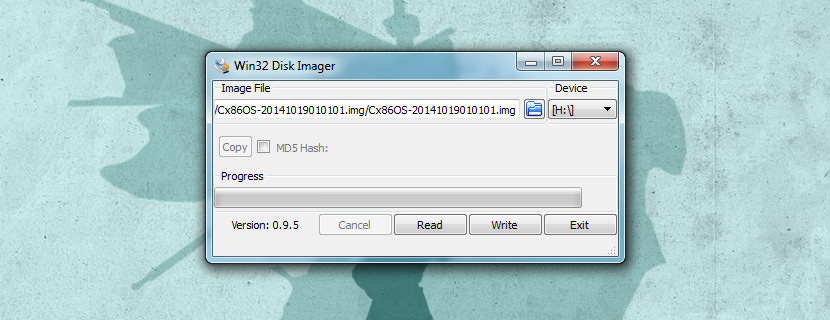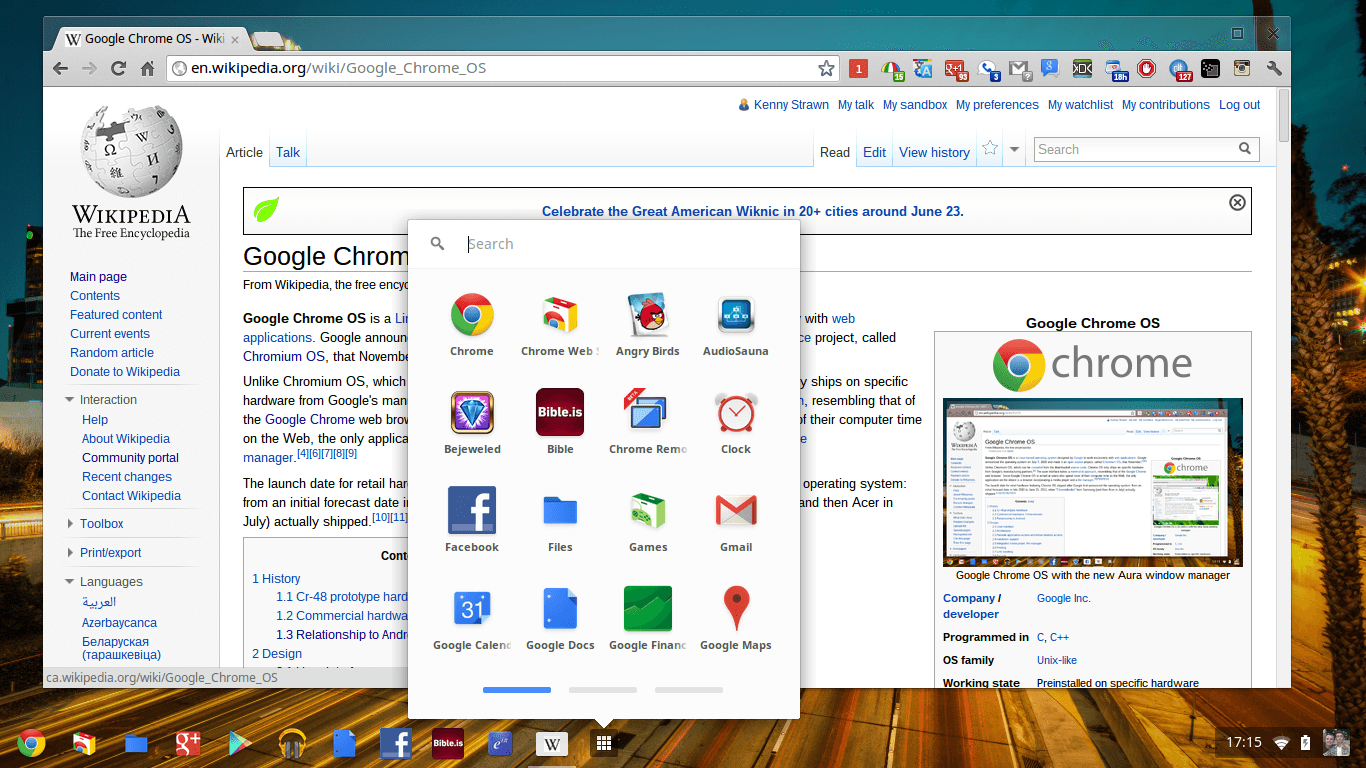

- CHROME OS LINUX USB BOOT HOW TO
- CHROME OS LINUX USB BOOT INSTALL
- CHROME OS LINUX USB BOOT UPDATE
- CHROME OS LINUX USB BOOT VERIFICATION
- CHROME OS LINUX USB BOOT SOFTWARE
When you are at this screen, press Ctrl+D to boot in developer mode.
CHROME OS LINUX USB BOOT INSTALL
Since Chrome OS is less secure in developer mode (because you can use a lot more commands and install a lot more programs than in the normal mode), it gives a warning message. It’s a security feature to notify the end user that the device is in developer mode.
CHROME OS LINUX USB BOOT VERIFICATION
This scary-looking message tells you that OS verification is turned off. To enable the developer mode, you’ll need to turn off the OS verification. They verify the operating system at each boot. Step 3:Īt the next screen, you’ll be asked to turn off “OS verification.” By design, Chromebooks are locked down to only boot Google-approved operating systems. To proceed with enabling the developer mode, press Ctrl+D. If you press Esc or the power button, you’ll reboot to normal Chrome OS. At this stage, if you press Ctrl+D, you’ll be taken to OS verification page. It’s not really an error and your Chromebook is safe. Please insert a recovery USB stick or SD card.ĭon’t worry. When it boots into Recovery Mode, you’ll see an error message: This will reboot your Chromebook into “recovery mode”. While you have the Esc and Refresh keys pressed, press the power button. On your Chromebook, Hold down the Esc+Refresh keys (there should be a dedicated refresh key in your Chromebook, just look for the symbol).
CHROME OS LINUX USB BOOT HOW TO
The first part of this tutorial shows you how to refresh your Chromebook in developer mode. This tutorial has been performed on an Asus C300 Chromebook that has Intel Celeron processor, 32 GB SSD and 4GB RAM.

Make sure your Chromebook stays connected to the internet during the download and installation process. The installer will download the necessary Ubuntu packages.

Unlike Google’s “Crostini” project, Crouton provides a “pure” Linux environment. So you can switch to Linux and still access files created in Chrome OS.Ĭrouton achieves this by creating a “chroot” binary environment that runs on the Chrome OS. Additionally, the Linux distro has direct access to your Chromebook’s hardware and files. You can do that using key combinations or shortcuts. One major advantage of installing Linux via Crouton is that you don’t need to reboot your Chromebook to switch between Chrome OS and Linux. Install Ubuntu Linux on Chromebook (Using Crouton) Set up your Chromebook from scratch as though it is a new device and proceed to the next section to learn how to install Ubuntu Linux on your Chromebook.
CHROME OS LINUX USB BOOT UPDATE
Install any available update or restart your device to finish pending updates. Head to Settings > About Chrome OS to check the Chrome OS version or update your Chromebook’s operating system. Not all older Chromebook models support the Linux Beta (Crostini) feature out-of-the-box.Īdditionally, installing this Linux environment on Chromebook requires Chrome OS 69 or later.
CHROME OS LINUX USB BOOT SOFTWARE
Installing this Linux environment on your Chromebook depends on your device’s hardware and software configurations. The environment is also protected from malicious apps and files through Sandboxing-one of the security features built into Chromebooks. This Linux environment has official support from Google and has very little chance of breaking your Chromebook or voiding its warranty. Think of it as a contained virtual machine for running Linux in Chrome OS without having to deal with Linux codes and commands. The major advantage of this feature is that you get to enjoy Linux-based apps and tools in a secured environment. Install Linux Beta (Crostini) on ChromebookĬrostini describes Google’s official project that allows Chromebook users to run Linux without entering the Chrome OS Developer Mode.


 0 kommentar(er)
0 kommentar(er)
